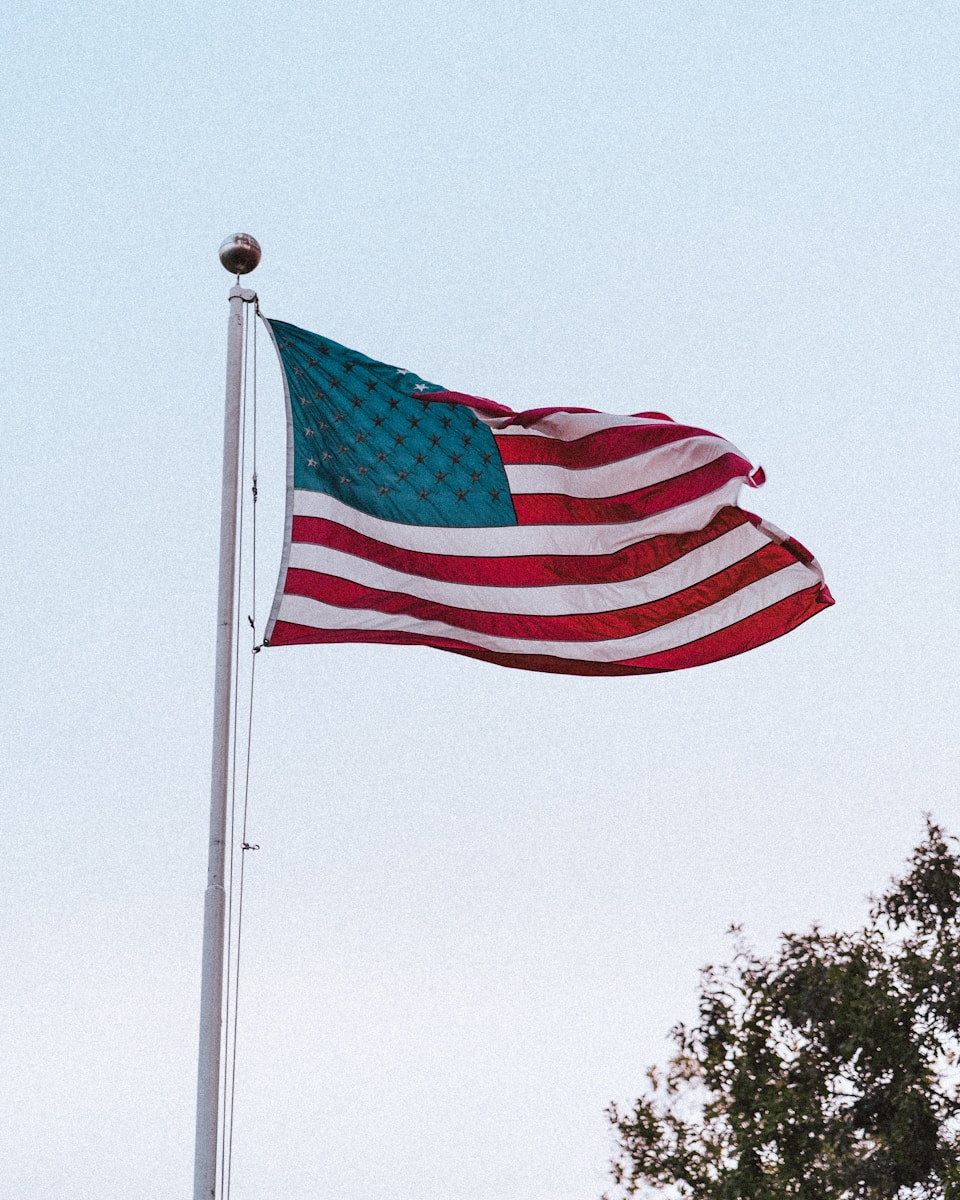Key Takeaways:
- Federal prosecutors will add new defendants to an antifa prosecution in Texas.
- Two original defendants refused plea deals, leading to a separate indictment.
- The government labels the group a “militant enterprise” focused on a July 4 ICE facility attack.
- Defense argues the case may chill free speech and protest rights.
- A judge agreed to delay the trial after designating the case complex.
Antifa Prosecution in Texas Expands
The U.S. government plans to broaden an antifa prosecution in Texas by adding new names to its terrorism conspiracy case. Initially, fifteen people faced charges for the July 4 attack on a local ICE facility. Now prosecutors want a superseding indictment to link more alleged participants to the so-called militant enterprise.
Why the Antifa Prosecution Expanded
Federal prosecutors filed a motion earlier this month. They said they will seek a new indictment to include more defendants beyond Zachary Evetts and Summer Hill. Both already stand accused of joining a North Texas Antifa Cell to attack the Prairieland immigration enforcement center. By widening the antifa prosecution, officials aim to streamline multiple cases into one major trial.
What led to the new indictments?
On July 4, a crowd gathered at the Prairieland ICE facility in Alvarado, Texas. A local officer was shot during the chaos. Authorities arrested fifteen people in September. Then President Trump had called antifa “a militarist, anarchist enterprise.” Two weeks earlier, the assassination of Charlie Kirk had spurred the administration to target left-wing groups. As a result, the government framed the Texas attack as a prime example of antifa violence.
Who are the new defendants?
Although the government has not named them yet, it expects to add people who reject plea offers. Of the initial fifteen, thirteen agreed to delay their cases. Among those, prosecutors said they will likely accept plea deals. Only Evetts and Hill refused. They insisted they only went to protest and fire fireworks. Evetts’ lawyer says his client never carried a weapon or shot at officers.
What are the legal challenges?
Defense attorney Patrick McLain argues the expanded antifa prosecution misuses the enterprise theory. He says it drags in anyone with similar beliefs, even if they did not act violently. Therefore, McLain appealed the court’s decision to call the case complex. He claimed the move is meant to bundle cooperating witnesses first. Moreover, he warned the case risks chilling free speech and assembly under the First Amendment.
Materials and related case
In a related prosecution, agents seized a box filled with antifa materials. They called these “incriminating evidence.” The box contained books on street tactics and insurrection planning. One title reads War in the Streets: Tactical Lessons from the Global Civil War. Prosecutors say this shows planning and coordination by the alleged enterprise.
How will this affect free speech and protest?
Critics worry labeling antifa as an enterprise could sweep up peaceful activists. They argue that joining a rally or sharing ideas is not a crime. Thus, some fear people will avoid protests. They won’t want to risk becoming part of a high-profile terrorism case. Meanwhile, the government plans to call an expert on antifa’s history and beliefs. That expert will testify on how the Prairieland attack fits antifa tactics.
Trial schedule and expert testimony
A judge agreed to designate the case as complex. This gives prosecutors extra time to prepare. It also delays the trial originally set for November 24. Once the superseding indictment is ready, a new date will follow. Prosecutors plan to bring in witnesses on gun-shot residue, DNA analysis, and fingerprints. They will also call a counterterrorism expert to explain antifa’s roots and methods.
What’s at stake next?
If new defendants refuse pleas, they will join Evetts and Hill under the expanded indictment. Then all faces trial together under the “militant enterprise” theory. Defense teams are likely to challenge evidence and expert definitions of antifa. They will push to separate their clients or dismiss parts of the case. For the public, the outcome could set a major precedent. It may define how social movements face federal terrorism charges in the future.
Frequently Asked Questions
Can people who share antifa ideas be charged in this case?
The government must prove each person took part in planning or aiding violence. Simply sharing political beliefs is not enough for a conspiracy charge.
Why did only two defendants face a separate antifa prosecution?
Thirteen defendants agreed to delay their cases and accept plea deals. Zachary Evetts and Summer Hill refused, so prosecutors sought a separate indictment for them.
What does the “militant enterprise” label mean?
It treats antifa as an organized group that plans and executes violent acts. Under this theory, members can face harsher racketeering or conspiracy charges.
How could this case impact future protests?
If the court upholds the enterprise theory, authorities may use it to charge activists in other states. This could discourage people from exercising free speech at rallies.
